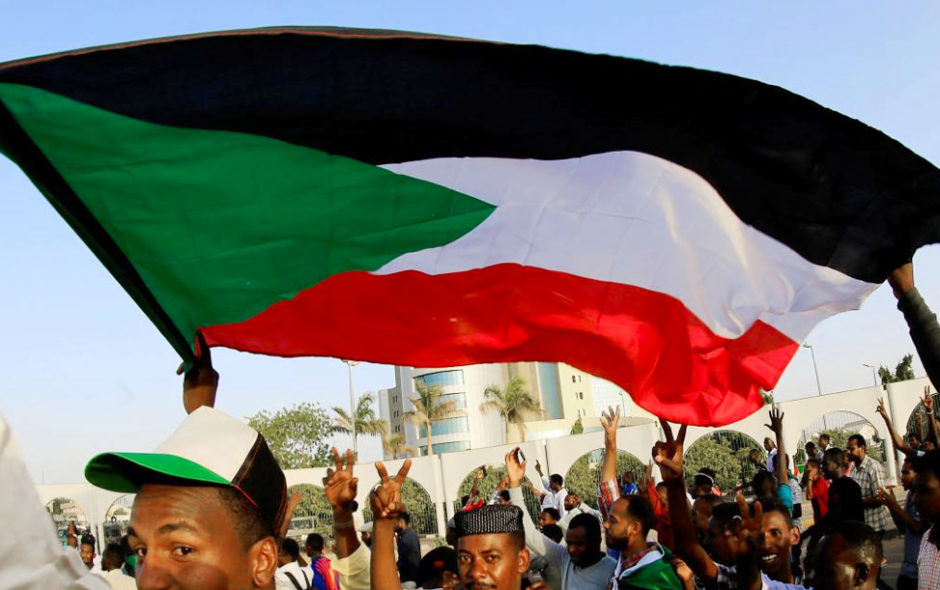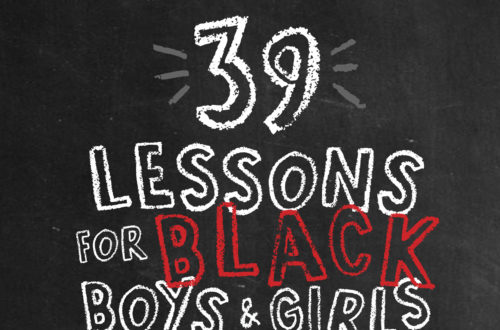What if Trump lost the 2020 election, but rather than concede the office to his predecessor, he ordered the military to defend his post in the White House. All of his political opposers and those who sought to physically remove him were detained, assaulted, humiliated, raped or murdered. Sounds crazy, right? We’d have a global human rights issue on our hands. Well, it’s not a “what if” nor is it a Netflix movie. It’s happening right now in Sudan.
On April 11, 2019, President Omar al-Bashir was removed from his office in a military coup. During his 30-year rule, he’d been charged several times with war crimes and crimes against humanity that included genocide, but the ICC (International Crime Court) was unable to provide “sufficient evidence” to prosecute him.
While under house arrest, al-Bashir was able to orchestrate the killings of dozens of protestors, but the Sudanese still considered his ousting a political victory with hopes to establish a civilian-led, democratically-elected government.
On June 3, during a sit-in demonstration and toward the end of Ramadan, al-Bashir’s opposing military opened fire on civilian, pro-democracy protesters, killing more than 108. Witnesses say that the dead were thrown in the Nile River.
Mohammed Hashim Mattar was among those that were gunned down. His close friend, Shadh Khidir, used her platform on Instagram as beauty influencer to over 99k followers to bring awareness to the massacres going on in Sudan.
Mattar’s favorite shade of indigo blue and the hashtag #blueforsudan have become a symbol of Sudan’s pro-democracy uprising. Hundreds of thousands of social media users have changed their profile avatars to blue to demonstrate their allegiance with Sudan.
Meanwhile and outside the social media world, the media at large in the United States has been relatively silent on the matter. This is the same media that had an overreaction to a cathedral burning in Paris, while the loss of human life in an African country on any level barely gets a mention or a footnote. Twelve people get killed in Paris and the world grieves. Twelve thousand people get killed in Africa and the world orders another Long Island tea over brunch.
I’m going on a bit of a tangent here, but the two incidents I’m loosely referring to are the Charlie Hebdo shooting in 2015 and the Darfur genocide that took place from 2003 to 2014. Darfur is in the western region of Sudan and during those eleven years, more than 300,000 people were killed, raped, displaced and traumatized. By the way, this happened on President al-Bashir’s watch and he downplayed the massacre saying the numbers reported were “grossly inflated.”
It is actually in the United States’ best interest to assist Sudan in a peaceful transition of power to promote regime stability; otherwise, the region will become a hotbed for terrorist networks such as Al Qaeda and ISIS to flourish.
According to several activists in the region who spoke on condition of anonymity, armed soldiers are out in force on the streets of Khartoum committing acts of violence, rape and terrorism against unarmed citizens. Communication with the outside world has been made difficult because the Internet is blocked or cut off for extended intervals while phone service has been throttled. Several well-known opposition figures say their international phone calls are abruptly cut, which further fuels a climate of fear.
This is a global humanitarian crisis and America is doing nothing. We’d rather talk about anything else besides the atrocities happening in Sudan right now.
“Please don’t talk about Sudan while I’m eating. And can you send me over another one of them Long Island teas?”
As an individual, you do have power, though. We are the media now. You can use your platform, your voice and your access to make others aware of what’s happening in Sudan. You are the hope.
In 2006, Ben Harper released, “Please Don’t Talk About Murder While I’m Eating.” In the song that inspired the title to this article, he criticizes the media’s disregard for people’s real suffering during their attempts to scoop a story.
Don’t be like that media. Real people with real heartbeats are suffering. They have families, dreams and rights. Talk about what’s happening to them that they might have an opportunity to live decent lives with dignity.




